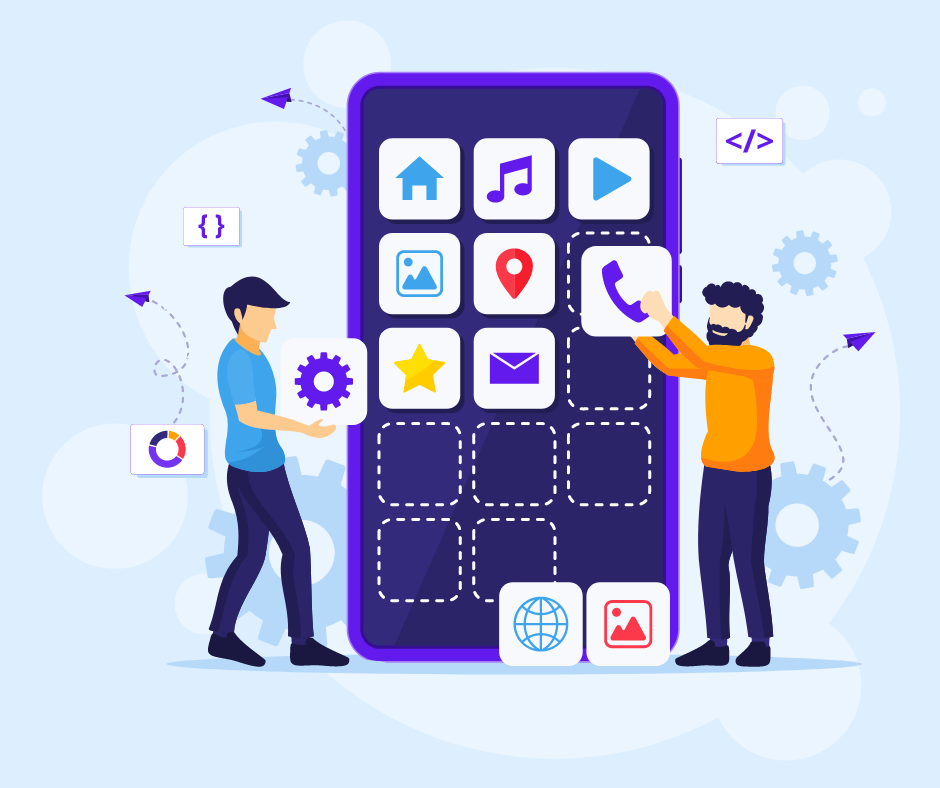Introduction:
In the dynamic landscape of mobile app development, staying ahead of the curve is imperative for developers and businesses alike. With the evolution of technology, modern Android app development has shifted towards adopting innovative paradigms to enhance user experiences. One such paradigm that has gained significant traction is reactive programming. This blog explores the pivotal role of reactive programming in modern Android app development and how it contributes to creating more responsive and scalable applications.
Understanding Reactive Programming:
Reactive programming is an asynchronous programming paradigm that deals with data streams and the propagation of changes. Unlike traditional imperative programming, where developers explicitly define the sequence of operations, reactive programming enables developers to model the flow of data and react to changes in real-time.
Key Components of Reactive Programming:
Observables: At the heart of reactive programming lies the concept of observables. These are data streams that emit values over time. In Android development, observables can represent user inputs, data from sensors, or any other asynchronous events.
Observers: Observers subscribe to observables and react to the emitted values. This allows for a streamlined and efficient way of handling events and updates in real time.
Operators: Operators manipulate and transform the data emitted by observables. They provide a powerful mechanism for filtering, mapping, and combining data streams, enabling developers to express complex transformations with ease.
Advantages of Reactive Programming in Android App Development:
Responsive User Interfaces: Reactive programming facilitates the creation of highly responsive user interfaces by handling asynchronous events efficiently. User interactions, network calls, and data updates can be seamlessly integrated into the application’s flow, resulting in a smoother user experience.
Declarative Code: With reactive programming, developers write more declarative code, focusing on what should happen rather than how it should happen. This leads to cleaner and more maintainable code, reducing the chances of bugs and making it easier for developers to collaborate on projects.
Efficient Error Handling: Reactive programming provides robust mechanisms for error handling. Developers can easily handle errors at various stages of the data stream, preventing application crashes and enhancing overall stability.
Scalability: As applications grow in complexity, scalability becomes a crucial factor. Reactive programming supports the development of scalable Android apps by allowing developers to compose and combine observables, making it easier to manage complex data flows and dependencies.
Streamlined Network Operations: In the realm of mobile app development, network operations play a pivotal role. Reactive programming simplifies the handling of network requests by providing concise and expressive ways to compose and sequence asynchronous calls.
The Role of Reactive Programming in the Future of Android App Development
As the demand for feature-rich and highly responsive mobile applications continues to rise, the adoption of reactive programming is expected to become even more prevalent. The versatility and scalability offered by this paradigm align well with the challenges posed by modern app development.
For businesses aiming to stay competitive, partnering with an experienced Android app development company is essential. These companies leverage the power of reactive programming to create cutting-edge applications that not only meet but exceed user expectations.
Conclusion:
In the ever-evolving landscape of Android app development, embracing reactive programming is not just a trend but a necessity. Its ability to handle complex data flows, enhance user experiences, and streamline development processes positions it as a key player in the future of mobile application development. As businesses strive to deliver innovative and user-friendly apps, the role of reactive programming in creating scalable, responsive, and maintainable Android applications cannot be overstated. Partnering with an Android app development company that understands and harnesses the potential of reactive programming is crucial for staying at the forefront of the industry.












